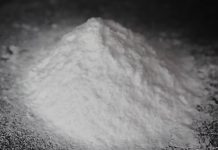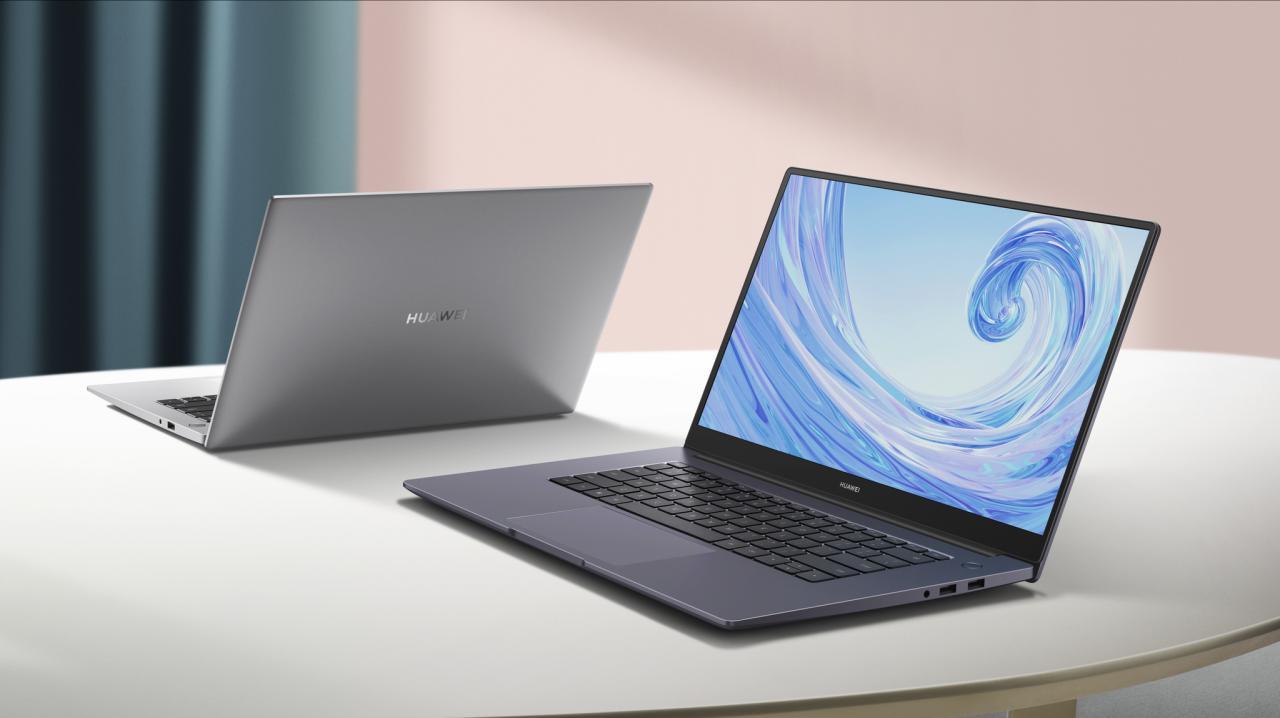One of the biggest safety issues when using a gas like pressure washer is the type of gasoline you use. If you are using substandard fuel, you are putting yourself and your family at risk. Choosing the correct type of gas is an important aspect of pressure washer maintenance. Below, we will outline some of the most important things to consider before purchasing your new machine. Regardless of whether you intend to use it for commercial or residential purposes, you must make sure that you are using the proper gas.
Before you purchase your new gas-powered pressure washer, it’s important to know how much it can cost. Most of the top gas-powered units start at around $450. That means you can expect to pay about $500 for a decent unit. For the lowest end of the gas-powered market, you should look for a Generac pressure washer. This unit is equivalent to some of the more expensive electric models by Karcher. Despite being a cheap gas-powered model, Generac is a well-known brand when it comes to pressure washers. Unlike other brands, Generac manufactures its own pumps and engines. It also has an upright design that makes it an excellent option for a variety of jobs, and it includes quick connect nozzles to make it easy to change nozzles when necessary.
Although electric pressure washers are becoming increasingly popular, gas-powered models are still a popular choice for homeowners. They don’t increase your electricity bill, and you can fill them up right at the gas station. These models are easy to use and are an excellent choice for those who want to keep their homes clean. These pressure washers also offer a range of features and are more powerful than their electric counterparts. A few of the drawbacks include a higher noise level and more emissions than their electrical cousins.
A gas-powered pressure washer uses a motor to generate pressure. They need regular maintenance to keep them running smoothly and safely. To ensure a long service life, you need to make sure that you keep the oil and gasoline filters at the right levels. You may need to replace a spark plug too. You must also remember that the noise produced by a gas-powered pressure washer is higher than its electric counterpart. If you are concerned about the noise level, you should purchase a gas-powered pressure washer.
Besides being more expensive, gas-powered pressure washers are better for the environment. They don’t create any pollution. However, they can be noisy, and are prohibited in many states. Moreover, if you are cleaning indoors, gas-powered pressure washers can damage your hearing. For this reason, it is better to use an electric power-driven pressure washer. This can be useful in situations where you need to clean a large area quickly.
A gas-powered pressure washer will produce a lot of noise, so you’ll need to be careful when using it. The noise level generated by a gas-powered pressure washer is higher than its electric counterpart. Therefore, it is important to consider the amount of noise your gas-powered pressure washer will make before purchasing one. If you don’t want to buy a gas-powered pressure-washer, make sure it can handle your cleaning needs.
Gas-powered pressure washers will not raise your electric bill. Unlike electric power-washers, they don’t require you to plug into an outlet. This makes them portable, and allows you to take them anywhere you want. They also have storage for the gun and can easily wash away stubborn dirt. A gas-powered pressure washer will not cost you much more than an electric one, and they’ll last longer than an electric one.
A gas-powered pressure washer is a great option if you need to save money on electricity. The noise of these devices is significantly louder than electric power washers. You’ll need to wear hearing protection if you’re working near a gas-powered pressure washer. You’ll be able to hear it, but you’ll want to wear ear protection as well. Even if the noise isn’t a problem, a gas-powered unit will still be much louder than an electric unit.














